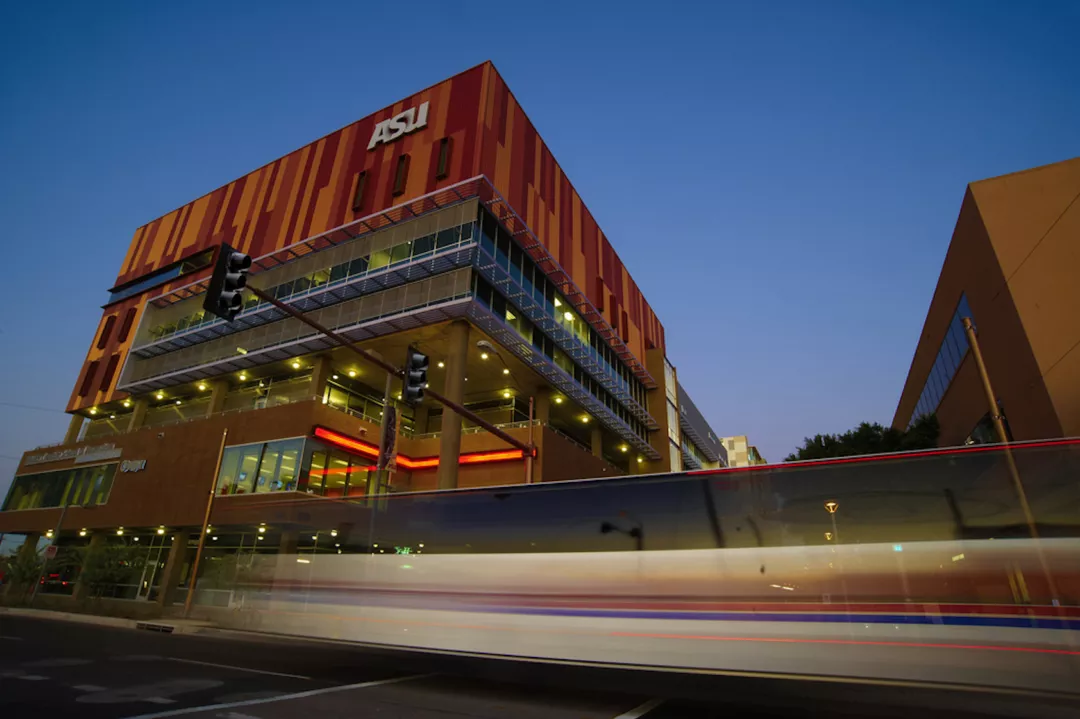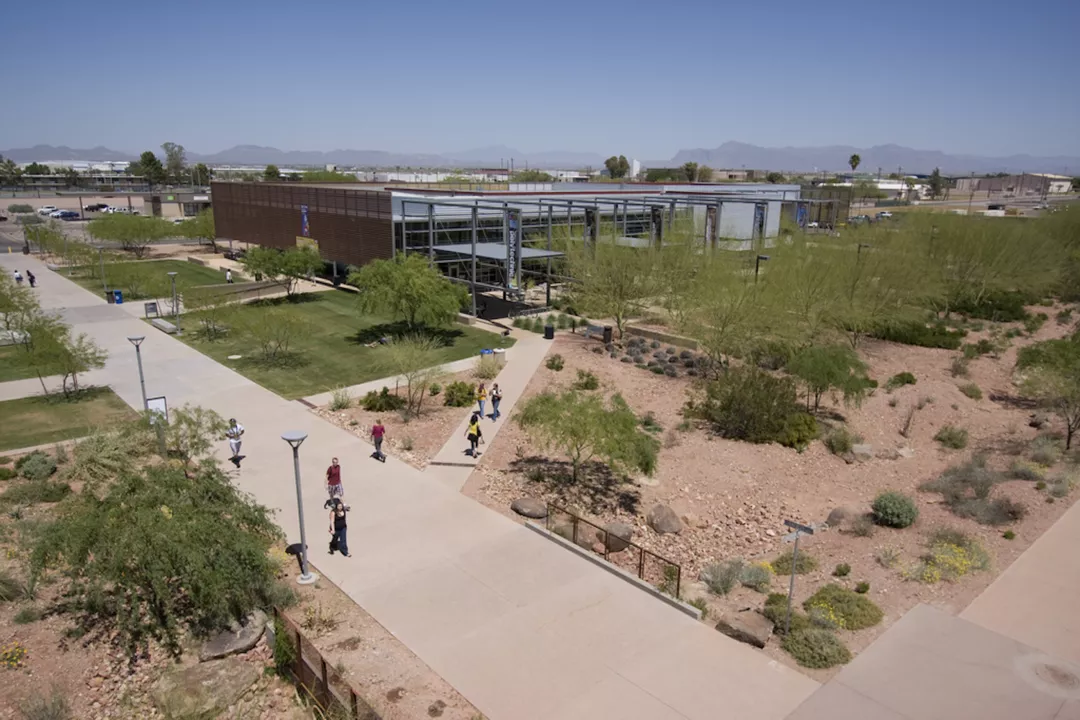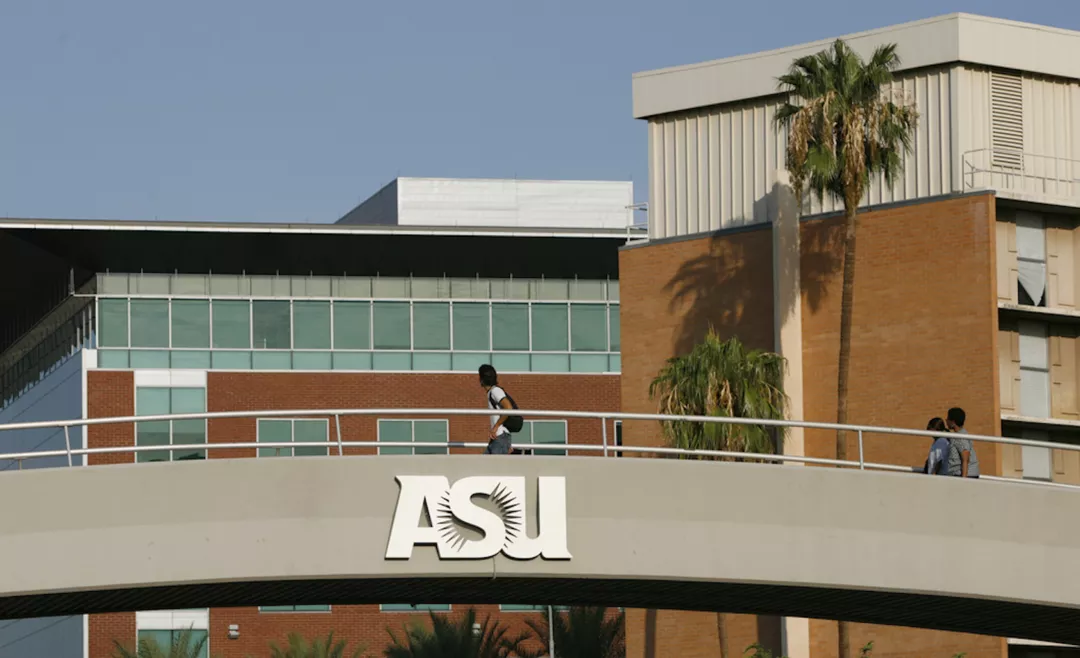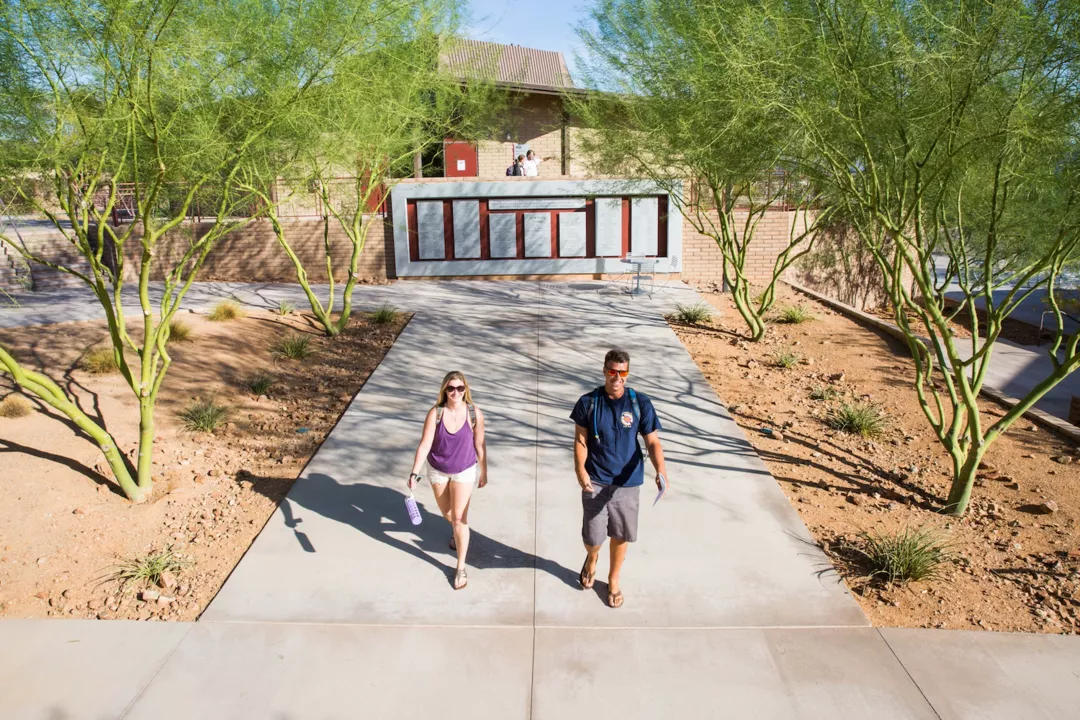-
hello@abroadcube.com
Mail us
-
Call For Help:
98779 83783
-
Whatsapp Us
70090 34921
Advances in science and technology are opening up tremendous opportunities within society. But only if they are developed responsibly. The ASU Master of Science and Technology Policy program draws on some of the world's foremost experts to uniquely prepare future policy leaders for success in building a technology-complex future.
The Arizona State University School for the Future of Innovation in Society's one-year MSTP program uniquely prepares its graduates to have an impact in today's technologically complex world. Drawing on some of the world's leading experts and innovative thinkers, it is designed to train future leaders, policymakers and analysts in tackling many complex issues such as climate change, energy security and responsible innovation to public health, global development and social justice.
The Master of Science and Technology Policy program is a one-year, cohort-based program designed to attract students of the highest caliber. It is suited to anyone interested in a career in which they work to ensure science and technology serve society through responsive and effective policy development and implementation. Students come from a wide range of backgrounds and go on to develop successful careers in government, business, academic institutions and nongovernmental organizations.
On completion of the program, students will be able to:
| Level | Masters |
| Discipline | Sciences |
| Duration | 12 months |
| Intakes | Aug |
| Application Fees | USD 0 |
| Tuition Fees | USD 25200 |
| Campus | Tempe |
| Language proficiency (minimum) | |
| IELTS | 6.5 |
|---|---|
| TOEFL | 80 |
| PTE | 65 |
| Duolingo | 105 |
| Exam proficiency (minimum) | |
| SAT | Not Required / Waiver |
|---|---|
| ACT | Not Required / Waiver |
| GRE | Not Required / Waiver |
| GMAT | Not Required / Waiver |
Minimum GPA - 77%
QS Quacquarelli Symonds is the world’s leading provider of services, analytics, and insight to the global higher education sector, whose mission is to enable motivated people anywhere in the world to fulfil their potential through educational achievement, international mobility, and career development.
THE (Times Higher Education) has been providing trusted performance data on universities for students and their families, academics, university leaders, governments and industry, since 2004. We create university rankings to assess university performance on the global stage and to provide a resource for readers to understand the different missions and successes of higher education institutions.
The Academic Ranking of World Universities (ARWU) was first published in June 2003 by the Center for World-Class Universities (CWCU), Graduate School of Education (formerly the Institute of Higher Education) of Shanghai Jiao Tong University, China, and updated on an annual basis
The "Webometrics Ranking of World Universities" is an initiative of the Cybermetrics Lab, a research group belonging to the Consejo Superior de Investigaciones Científicas (CSIC), the largest public research body in Spain. CSIC is among the first basic research organizations in Europe. The CSIC consisted in 2006 of 126 centers and institutes distributed throughout Spain.





